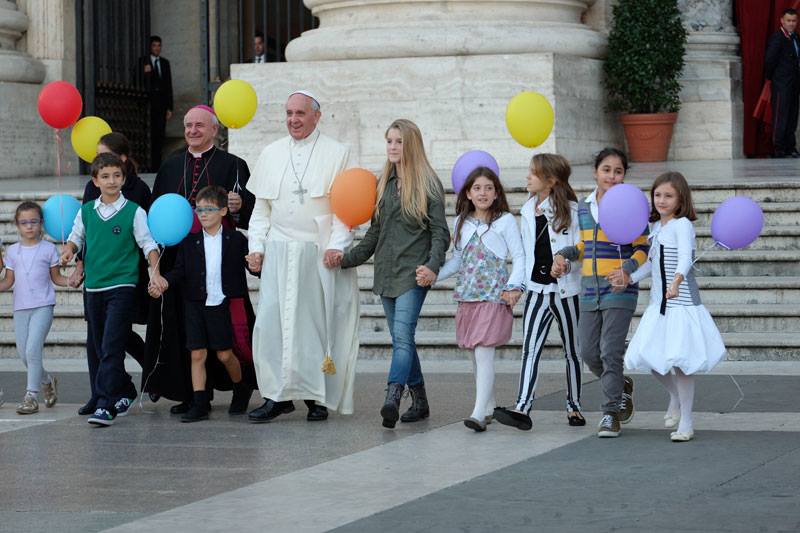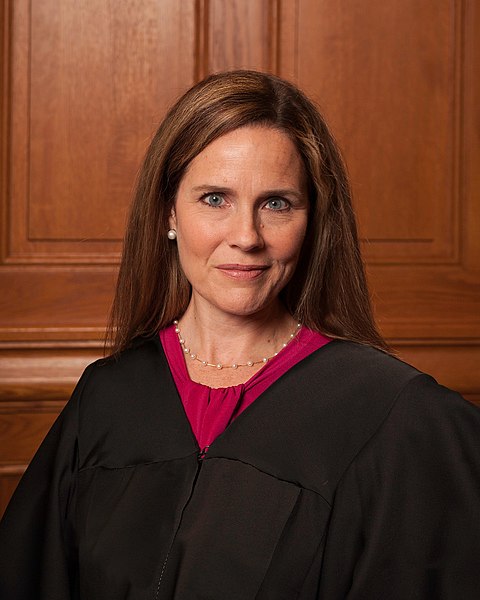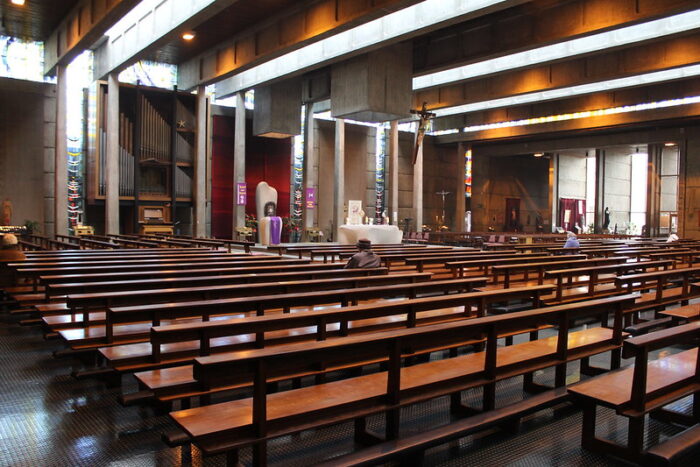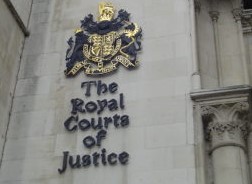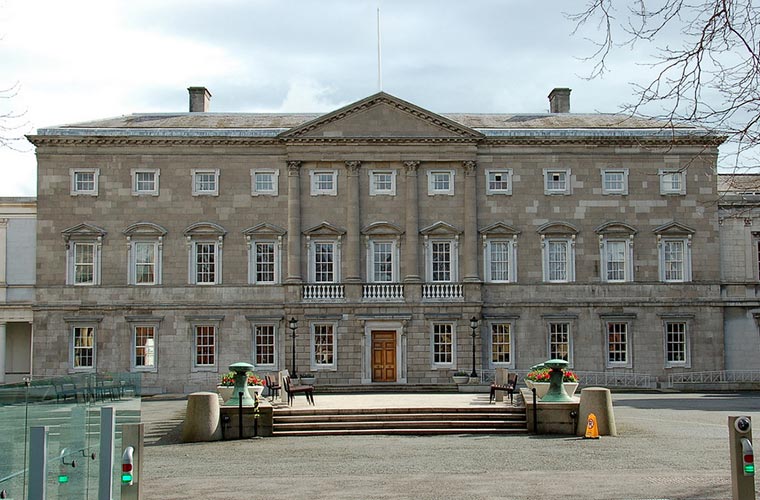As protests against a ban on abortions for babies with disabilities gripped Poland, Pope Francis urged the people of the country to defend life.
Addressing Polish pilgrims during his weekly general audience Oct. 28, the pope invoked the memory of St. John Paul II, who “always urged a privileged love for the least and the defenseless and for the protection of every human being, from conception to natural death.”
The Pope prayed that God would “arouse in everyone’s hearts respect for the life of our brothers and sisters, especially of the most fragile and defenseless, and would give strength to those who welcome and take care of them, even when it requires a heroic love.”
Poland’s Constitutional Court ruled Oct. 22 that a clause in Poland’s 1993 abortion law allowing pregnancy terminations in cases of “severe and irreparable fetal damage” was unconstitutional.
The decision provoked outrage from some, prompting demonstrators to enter churches in protest during Masses Oct. 25 in Warsaw, Krakow, Poznan and other cities. They also sprayed graffiti on the walls of churches and blocked traffic in cities all over the country.
Archbishop Stanislaw Gadecki of Poznan, conference president, said that “the vulgarities, abusive daubings, service disruptions and profanations seen in recent days are not a proper form of action in a democratic state, however much they may help certain people relieve their emotions.”



